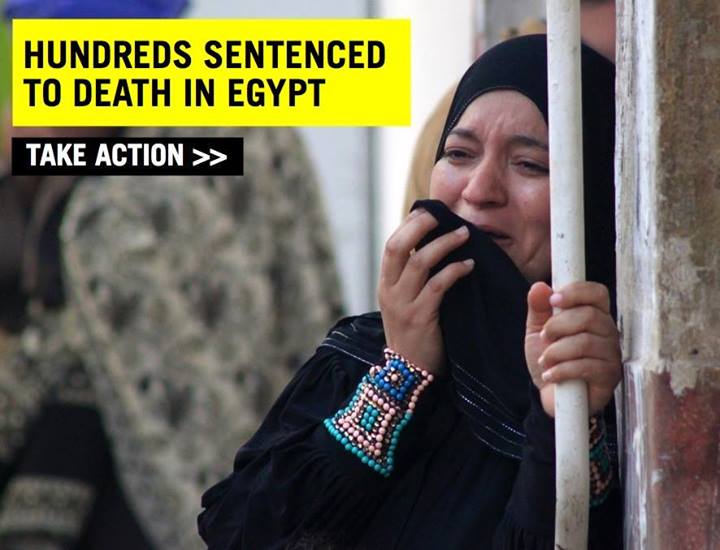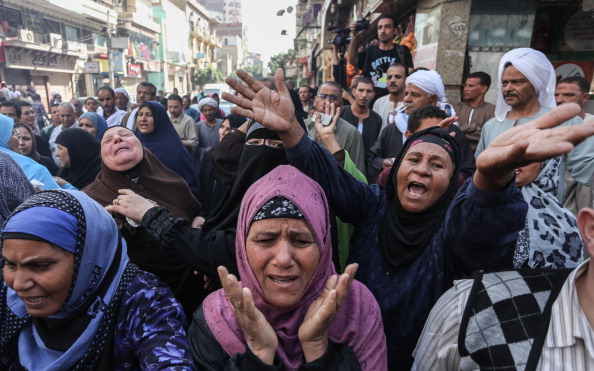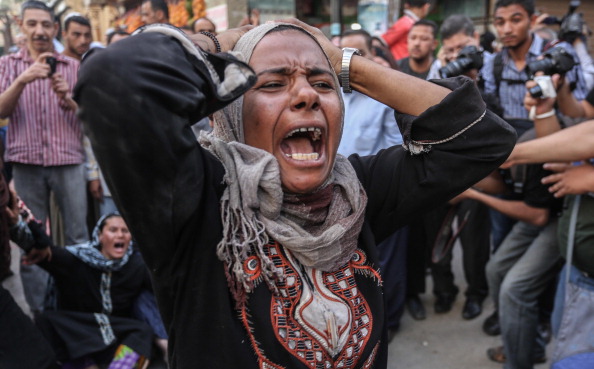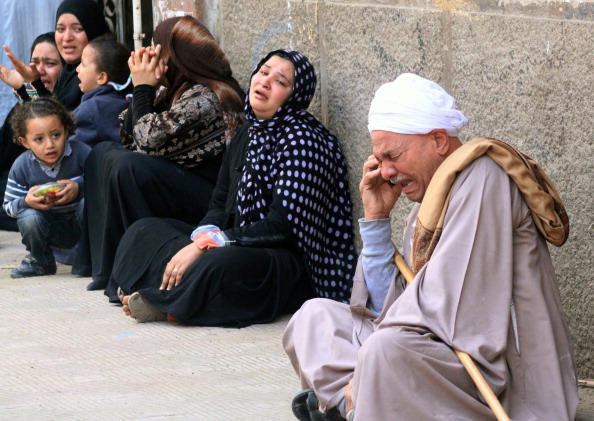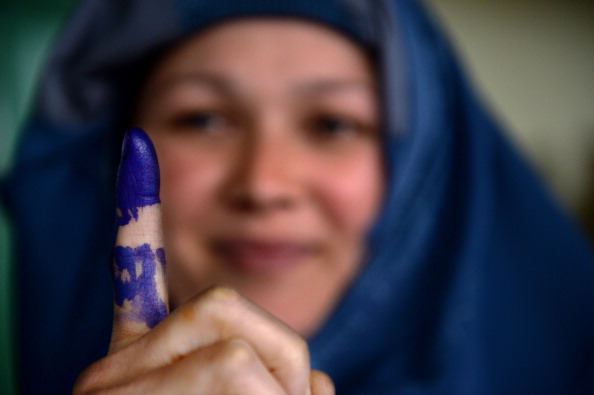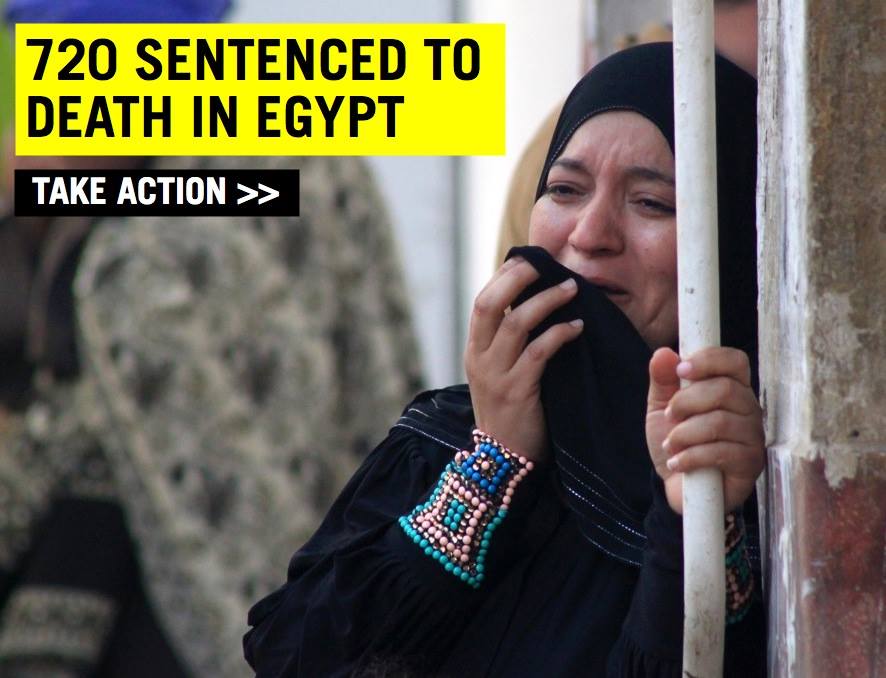
There’s a new hanging judge in Egypt, and he’s casting a chill upon the declining hopes and vision for human rights that came out of the 2011 uprising.
It’s been one month since the judge sentenced 528 people – alleged supporters of former Egyptian president Mohamed Morsi – to death. On Monday, the judge returned to the case, confirmed 37 death sentences and gave the remaining 491 people life in prison.
At the same time, he sentenced 683 more people to death in a trial that news reports stated lasted just minutes. Both cases have to do with deaths of Egyptian policemen during violence that arose in August 2013 following Morsi’s removal from office.
The two cases stand as a mockery of justice, death sentences issued on an industrial scale. The size of the injustice is raising outrage around the world, but beneath the headlines, there are important human rights messages to be learned.
SEE THE REST OF THIS POST
